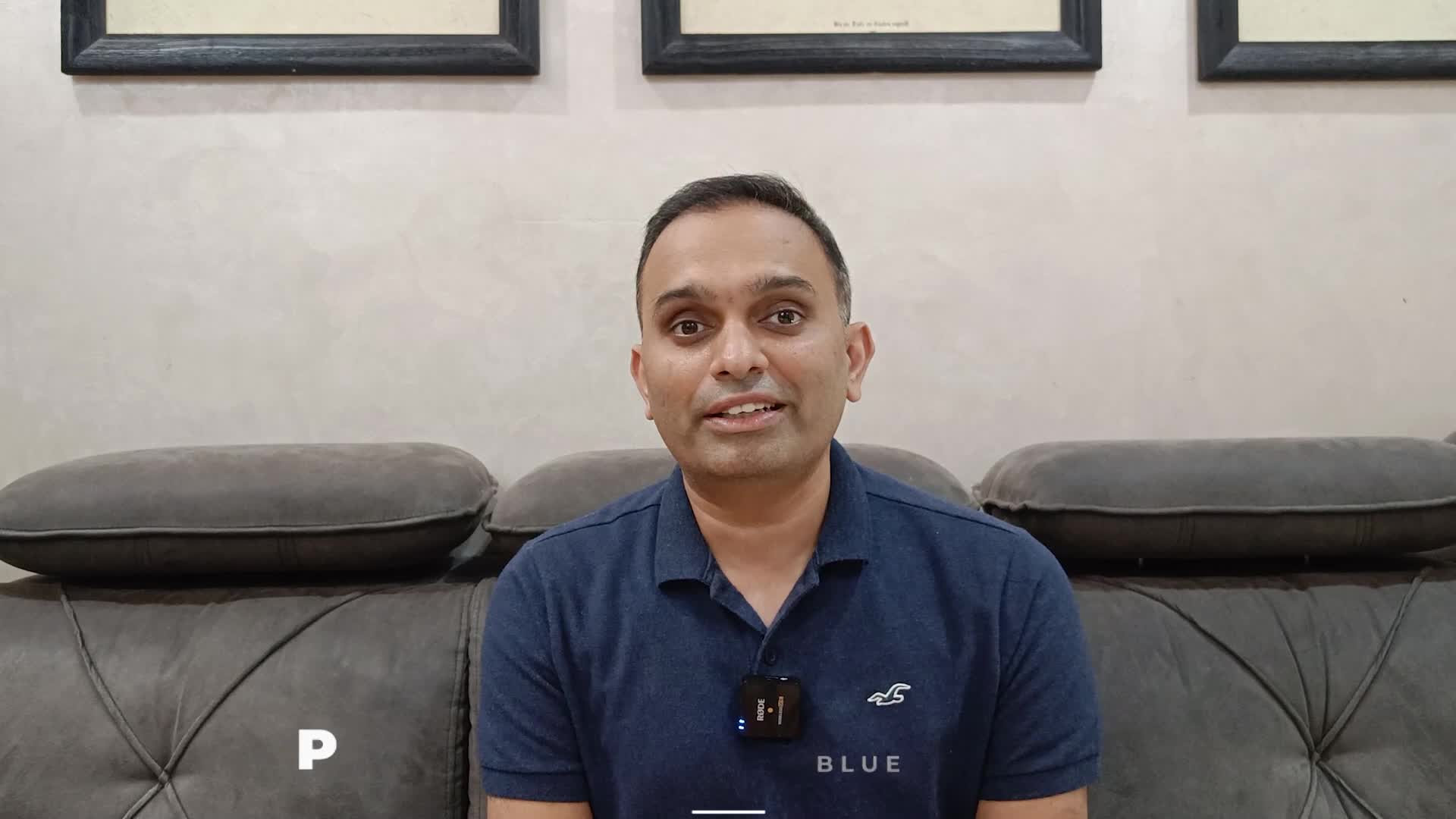Mental Health
How does stepping out of your comfort zone relate to creativity and mental health?
Stepping out of your comfort zone is a fundamental aspect of creativity that enhances mental well-being. As Rebecca Wong explains, creativity embraces an exploratory process of trying new activities we might have thought weren't for us. By suspending fear and judgment, we allow ourselves to experience new things, which opens possibilities we wouldn't otherwise discover. Rebecca shares her personal example of going to the gym despite not being 'sporty,' finding joy in learning something previously intimidating. This willingness to take risks, fail, and explore beyond our normal routines is transformative—changing our self-limiting thoughts into an expansive mindset that discovers 'it's so much fun.'
Watch clip answer (01:30m)What are the key strategies for managing stress during career transitions?
According to Pavan Sathiraju, managing stress during career transitions involves several practical approaches. First, incorporate physical activities like walking, exercise, or meditation into your daily routine - a strategy recommended by over 100 leaders interviewed in Timothy Ferris's book 'Tribe of Mentors.' Second, reduce external noise from social media and success stories that can cause depression and comparison. Finally, give yourself adequate time for the transition without unrealistic expectations. Pavan emphasizes that career changes are difficult but possible with proper planning, stress management, and leveraging your existing strengths rather than completely starting over.
Watch clip answer (04:21m)What are common mistakes therapists make on their Psychology Today profiles?
Therapists often make five key mistakes on their Psychology Today profiles. First, they stress unnecessarily about the algorithm with constant minor tweaks. Second, they completely ignore their profiles instead of updating crucial information like availability and fee changes. Third, they cast too wide a net by listing every possible therapy topic instead of highlighting a precise focus that builds trust with potential clients. Fourth, they write for colleagues using clinical jargon rather than communicating naturally as they would in session. Finally, many assume a Psychology Today profile is mandatory when it's actually 100% optional. By addressing these mistakes, therapists can create profiles that effectively connect with their ideal clients.
Watch clip answer (05:07m)When should therapists update their Psychology Today profile?
Therapists should proactively update their Psychology Today profile in several key situations. First, when availability changes (such as no longer accepting new clients), it's crucial to clearly specify this at the top of the profile to prevent potential client frustration. Second, any changes to fee structure or accepted insurance plans should be promptly updated to maintain accuracy. Finally, therapists pivoting their specialty or refining their target client focus should take time to revise their profile accordingly. These updates ensure prospective clients receive current information, making the connection process smoother and more effective for both parties.
Watch clip answer (00:40m)How does the Western diet impact our focus and attention?
The Western diet significantly damages our focus and attention through three main mechanisms. First, foods like sugary cereals cause rapid energy spikes followed by crashes, creating a roller coaster of energy levels throughout the day that leads to brain fog. Second, our modern diet deprives our brains of essential nutrients needed for proper cognitive function, with studies showing a 50% improvement in attention when children switch to fresh, nutritious foods. Third, many processed foods contain synthetic additives that act like drugs on our brains, causing hyperactivity and reducing focus. This dietary pattern represents a dramatic shift from the fresh, whole foods humans traditionally consumed to processed items that fundamentally impair cognitive performance.
Watch clip answer (05:31m)How does Pedro Franceschini proactively manage his mental health as a founder?
Pedro Franceschini proactively manages his mental health through five key strategies: therapy, meditation, sleep, diet, and exercise. After experiencing burnout in 2021, he learned the importance of prioritizing mental wellbeing alongside work responsibilities, even while maintaining 12-hour workdays. He emphasizes that founders must make time for mental health proactively rather than reactively. Franceschini challenges the misconception that being busy means neglecting self-care, arguing that one either addresses mental health intentionally or faces inevitable consequences. His personal experience taught him that internal expectations often make founders their own worst enemies.
Watch clip answer (02:40m)



